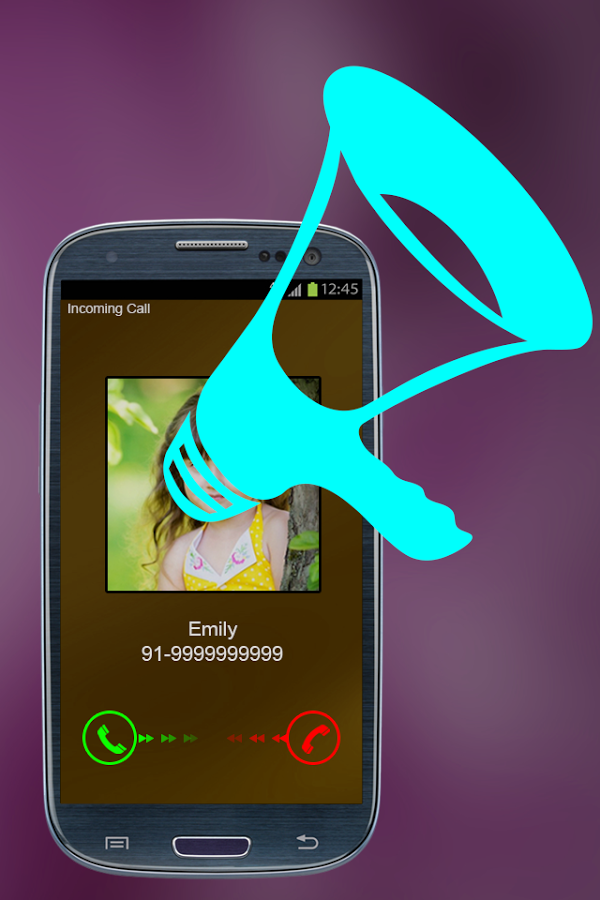Caller Ringback Tones and Performance Royalties: Revisiting the Case of Irene Mutisya & Anor v. MCSK & Anor
- Victor Nzomo |
- October 9, 2015 |
- CIPIT Insights,
- Collective Management Organisations,
- Copyright

In an earlier post, this blogger discussed the recent case of Nairobi High Court Civil Case No. 262 of 2015 Irene Mutisya & Anor v. Music Copyright Society of Kenya & Anor. In this case Mutisya and another copyright owner Masivo have filed suit against Music Copyright Society of Kenya (MCSK) and mobile network operator Safaricom Limited for copyright infringement. The copyright owners filed an urgent application on 30th July 2015 for a temporary injunction to restrain Safaricom from remitting license fees to MCSK pursuant to a recently concluded license agreement for caller ring-back tones (CRBT) made available through Safaricom’s Skiza platform. The copyright owners also asked the court to restrain both Safaricom and MCSK from implementing the CRBT License Agreement pending the hearing of the application. In this case, this blogger expressed shock that the High Court granted the orders sought by the copyright owners pending inter partes hearing of the case.
The crux of copyright owners’ application is that MCSK lacks the mandate to license, collect, license fees for CRBT from mobile network operators such as Safaricom. In this regard, the copyright owners rely on a letter sent by Safaricom to a premium rate services provider (PRSP), Cellulant. This Safaricom letter notifies the PRSP that the existing Content Provision Agreement between the latter and Safaricom has been varied by operation of the law, namely the introduction of the single equitable remuneration through a recent amendment to the Copyright Act. Therefore Safaricom states that following demands from the related rights collecting societies to collect license fees for equitable remuneration, Safaricom will pay all royalties directly to the collecting societies.
Recently, several commentators have questioned the legal basis for MCSK, KAMP and PRISK to collect royalties directly from Safaricom for CRBT. This line of argument appears to be based on the US ruling in the case of In re Cellco Partnership d/b/a Verizon Wireless, Case Nos 09-cv-07074 & 41 Civ 1395 (the ‘Verizon’ case). This case addressed the question whether ringtone providers are required to pay royalties for the public performance of ringtones. In particular, the two questions that arose were: First, does the transmission by downloading of a ringtone to a mobile phone constitute a public performance? Secondly, when a ringtone goes off, does that constitute a public performance? The court in the Verizon case answered both questions in the negative.
This blogger would argue that it is misleading to use this US decision to argue against the agreement between the music CMOs in Kenya and Safaricom. First and foremost, the CMOs are not licensing Safaricom for the performing right in the musical download but rather the performing and mechanical rights in the CRBT service which is, in essence, a streaming service. Interestingly, rights holders in Kenya have assigned these very performing and mechanical rights to their respective CMOs therefore one wonders the basis upon which they would claim that the CMOs do not have the mandate to license entities like Safaricom to exploit these rights through their CRBT service.
